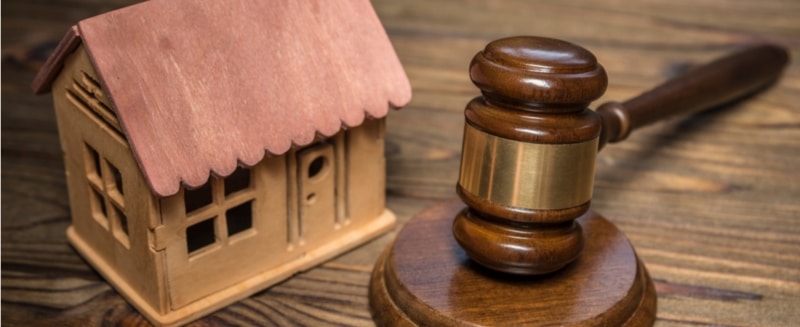Tax liens can hang around, even after you file for bankruptcy. Here’s what you need to know to avoid issues post-bankruptcy.
Q: I recently sold a property that had a tax lien on it along with a few other “things from the past.”
I had a wildly successful business for eleven years that failed after the 2008 meltdown. I filed Chapter 7 bankruptcy in 2015. My bankruptcy included the tax debts as they were old enough to qualify.
But now, after closing on the short sale of my home at the end of last year and settling all debts, judgements, etc., I still have a federal tax lien from 2009 that has not been released. I filed the forms, appealed it, and on and on it goes.
All three credit bureaus have dropped it, but it’s still showing up on the recorder of deeds site in my town and has not been released. Is there any way to get this thing off my record officially?
A: There are a couple of interesting issues your question raises. The first has to do with the sale of your home. When you sold your home, you were required to deliver clean title to the buyer. That means that any debts you had that encumbered the home would have had to be paid off or released.
Your bankruptcy might have wiped off your personal obligation to repay your mortgage lender, but when you sold the home, the proceeds from the home had to go to that lender. The lender must have agreed prior to the sale to accept less than the full repayment of the loan to allow the sale of the home.
In this short sale situation, the lender gets the proceeds from the sale after payment of fees that the lender has pre-approved.
You mentioned that you also owed federal income taxes to the IRS and that the IRS had a lien against you. What you didn’t say in your letter was if the lien attached to home you sold or if the IRS released its lien on the home without releasing the general lien it had on you.
We don’t know how the IRS lien against you was handled in the bankruptcy. If the lien wasn’t released, then that lien lives on. If the bankruptcy case released you from the obligation to repay the amount owed to the IRS, the lien might still attach to property you owned without you having a personal obligation to repay the loan.
Say, for example, that the IRS filed a federal lien against your home. Even though the IRS might have given up going after you personally, it might still have the right to get repaid from the proceeds of the home. Had the home sold for more money than what was owed the mortgage lender, then the balance from the sale of the home could have gone to the IRS to satisfy what you owed the IRS.
We are not saying that these are the circumstances that you faced as we don’t have enough information from your letter. But you can see from our examples that your personal obligation might have ceased but the lien could have continued. The credit reporting bureaus are showing that you no longer owe the IRS money but that doesn’t mean that the IRS can’t enforce the lien it might have placed on assets you owned prior to the bankruptcy. You’d have to talk to your bankruptcy attorney to see how these things were handled.
For you going forward, the question is whether the “lien” you see is against a piece of property or against you personally. If the lien is against land or a building, that lien might still exist. But if you are buying a home, the IRS lien against you may no longer exist. From our vantage point, the credit bureaus don’t show a debt to the IRS, so we suspect you no longer owe the IRS.







Leave A Comment